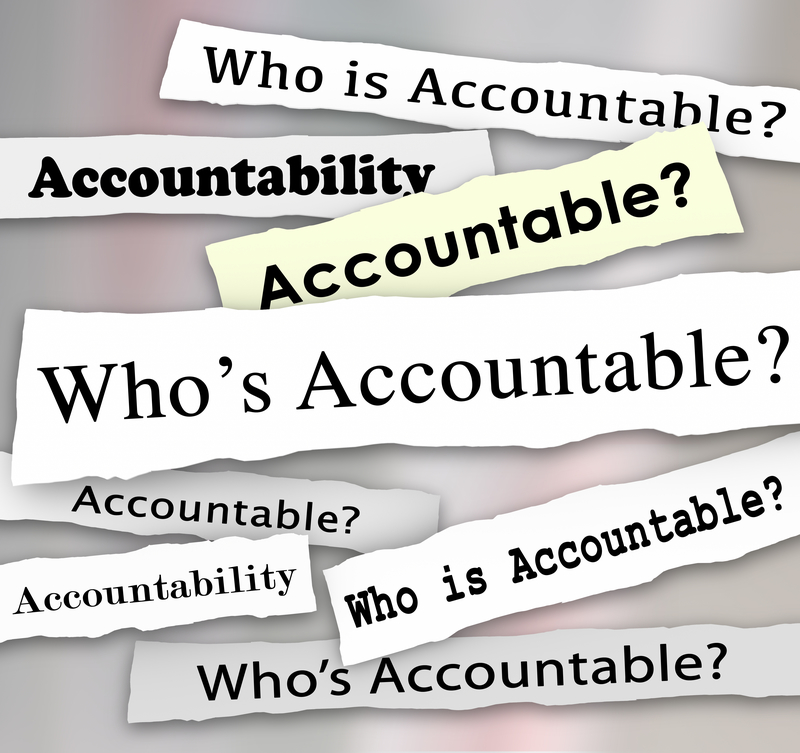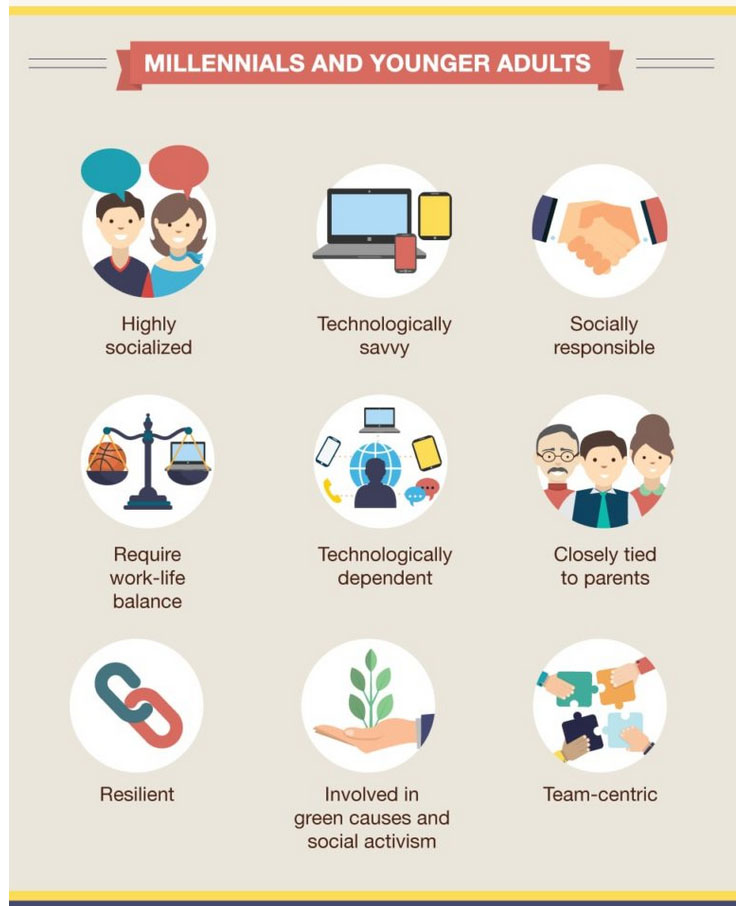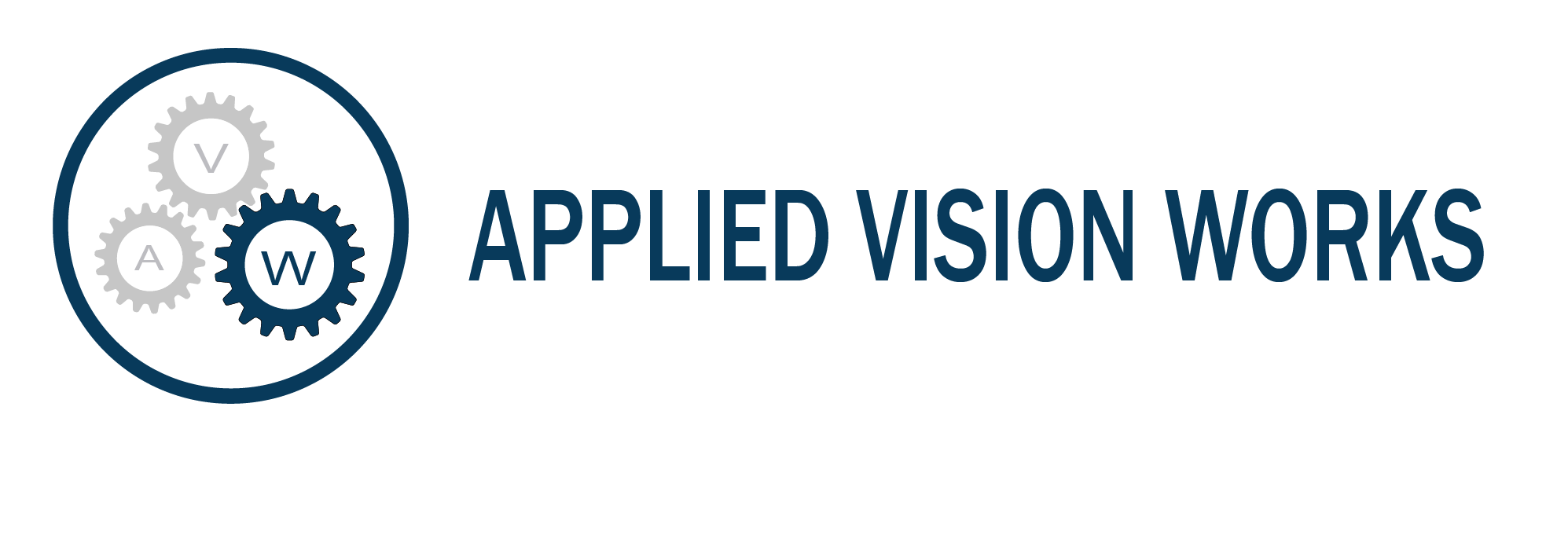Effective Communication Skills for Business Success

Employee Accountability In The Workplace
Millenial Engagement Strategies

- Accountability
- building a team
- Business Culture
- Business Operations
- Conflict resolution
- Employee Accountability
- Employee Engagement
- Holding Employees Accountable
- millennial employee engagement
- millennial engagement
- millennial engagement in the workplace
- millennial engagement initiative
- millennial engagement program
- millennials
- organizational culture
- Team Accountability
- team building
- Team Collaboration
- team development
- Working with Millennials

Millennial Employees now represent the largest portion of the workplace. Organizations must adjust their day-to-day strategies to accommodate this group in terms of schedule, career path as well as reassurance of a job well done. In fact, 66% of American Millennial’s said they felt an organization that adopts a flexible, mobile and remote work model has a competitive advantage over one that requires employees to be in the office from 9am to 5pm, according to a Connected World Technology report. Be careful that you don’t lose sight of holding them accountable for processes and responsibilities in an effort to accommodate workplace flexibility.
 Infographic by Akken Cloud – “Unique Skills in Each Generation That Employers Need”
Infographic by Akken Cloud – “Unique Skills in Each Generation That Employers Need”
Key components of accountability strategies that organizations can use to hold Millennial employees (and all employees really) accountable for their work include:
Reinforce Values-Driven Behavior
- Make certain employees know and are committed to your company’s vision and values. This includes your key leaders in particular and ensuring that they live the stated values through their actions.
- Use stories of employee “heroes” to reinforce values-driven behavior. These narratives can also include personal information to tie it further to the company and can take the form of case studies or branding type marketing materials and demonstrate how problems or challenges are addressed and solved. Some cite Steve Jobs as the greatest storyteller in business history. (http://www.forbes.com/sites/carminegallo/2015/10/08/steve-jobs-the-worlds-greatest-business-storyteller/#5809e3fe6bfe)
- Weave your long-term Vision into everything: hiring and on boarding, performance and evaluation processes, supplier assessments, strategic plans and succession preparations. Clear communication on the overarching goal helps team members stay engaged when the going gets tough.
Case in point: One of Enron’s stated values in its 2000 annual report was integrity – talk about an extreme example of politically correct lip service regarding the company’s so called values! False, complex financial reporting and unethical business practices by the company resulted in one of the world’s largest corporate bankruptcy cases.
Setting Expectations
- Carefully lay out your expectations and confirm they are clearly understood. Include metrics, development opportunities and career path. For example, a sales role might have weekly metrics of meetings with new prospects, a specified number of proposals issued and $X new business gained. Next steps could be additional leadership development and having direct reports, followed by a more senior role such as department head with budgetary responsibility.
- Reinforce these expectations in your interactions with your team so each person continues to see how they contribute to the overall success of the organization. Emphasize the department or division goals for the month or quarter and then describe how each person contributes to that goal.
- Insist on high performance and follow through with rewards to keep momentum. Celebrate successes.
Fact: Half of managers don’t set effective employee goals, says a Towers Watson survey. How can anyone achieve a goal or expectation that isn’t clearly defined? This becomes particularly dangerous in companies that only do annual evaluations instead of providing ongoing feedback to their employees. (See our “Bowling with your Boss article”)
No Excuses
- If and when expectations are not met, do not accept excuses or ask for reasons why. Poor performance that is not corrected results in decreased morale throughout the culture – your “A” players will not stay with you if your “C” players aren’t quickly upgraded or moved along.
- If you find yourself having the same exchange multiple times over an unfinished project, you need to change your tactics or you will get the same result. Ask the employee or team to make recommendations to resolve the issue, instead of allowing the typical response of complaining to be the norm.
- Have a conversation about consequences of incomplete or unsatisfactory work. Be clear about what needs to happen and by when, along with the next step if this issue continues. Send a follow-up email for clarity. Try our Conflict Resolution Model.
Be Available
- Your team has to be able to come to you when they need support or additional resources. The same is true if, after a project gets underway, it becomes obvious that deadlines will be missed or the original plan is unworkable or unreasonable.
- Actively assist in solving problems, but don’t provide every answer. Suggest options and alternatives, or ask questions such as, “tell me more about how your proposed solution would work.” This will ensure that you upgrade your team’s capabilities on an ongoing basis and get them more committed to each other (and not just to you as the leader.)
- Conduct regular team sessions where members discuss what’s working and what’s not to improve the “how” things get done as they make progress towards the larger departmental/divisional/organizational goals. Share breakthroughs and best practices up and down the ladder to capture wisdom.
“Gaps in accountability are like potholes in the road. They need to be filled quickly with specificity before more damage is done” – Henry Evans.
Holding your team accountable does not need to be a negative experience; in actuality, it should be just the opposite. Open and honest communication will be appreciated if done properly. How? Set and revisit goals often, validate the thoughts and opinions of your team regularly and ensure that everyone knows why they are asked to do a task; how it fits into the larger goals of the organization.
Team morale improves when everyone pulls their weight, knows what is expected of them, understands the consequences of poor performance and shares in the successes along the way.
Ask yourself these questions:
-
Are the expectations and roles clearly defined for your team?
-
Do you hold employees accountable for their work and take steps if they don’t?
-
How do you monitor the progress of employee, team and organization goals?
If your organization needs help establishing accountability among your team or establishing a monitoring system for tasks and goals contact us at 800-786-4332 or email DHadley@AppliedVisionWorks.com. Schedule a 30 minute call to find out how to we can help you with accountability in your organization.
For additional expertise on employee culture and generational differences, see our article on “What Millennials Want in the Workplace…” by clicking here.





